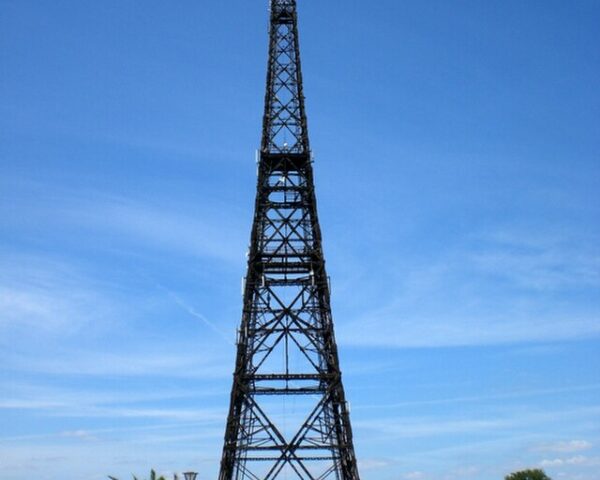“Rome, once the capital of the world, is now the grave of the Roman people,” wrote Saint Jerome of a cataclysm in 410 of a disaster that few could have predicted. On August 27 of that year, following 800 years of military domination and seeing its empire stretching across the continent, the Eternal City lay in ruins.
The sacking of Rome in 410 AD marks a pivotal moment in history, signifying the fall of the once-mighty Roman Empire and the culmination of a series of events that would reshape the course of Western civilization. Led by the Visigothic king Alaric, this unprecedented invasion left an indelible mark on Rome’s collective memory.
The Visigoths, a Germanic tribe that had migrated to the Roman borders, found themselves marginalized and mistreated by the Roman authorities. Frustration boiled over, and in 410 AD, under Alaric’s leadership, the Visigoths laid siege to Rome. Despite the city’s symbolic and military significance, the walls of Rome proved insufficient to withstand the Visigothic assault, culminating in a breach that allowed the invaders to enter the city.
The sacking of the city that followed lasted for three days, and although Alaric ordered his troops not to harm the inhabitants and to spare certain areas of the city, the looting and destruction were extensive. Priceless art, cultural treasures, and centuries-old structures were plundered or destroyed, forever altering the city’s physical and cultural landscape. The event shocked the Roman world, as Rome had not been captured by an enemy in nearly 800 years.
The sack of Rome in 410 had far-reaching consequences. It shattered the illusion of invincibility that had surrounded the Eternal City for centuries, and it reverberated across the Empire, contributing to a sense of decline and vulnerability. The event also had an impact on religious thought; many Romans interpreted the sack as a sign of the waning power of the traditional Roman gods. This paved the way for the spread of Christianity, as people sought solace and meaning in the face of such a catastrophic event.
The sacking of Rome in 410 AD serves as a symbolic bookend to the decline of the Western Roman Empire, which would ultimately collapse just a few decades later. This event marked the end of an era and the beginning of a new epoch characterized by the gradual dissolution of Roman power and the emergence of medieval Europe.






